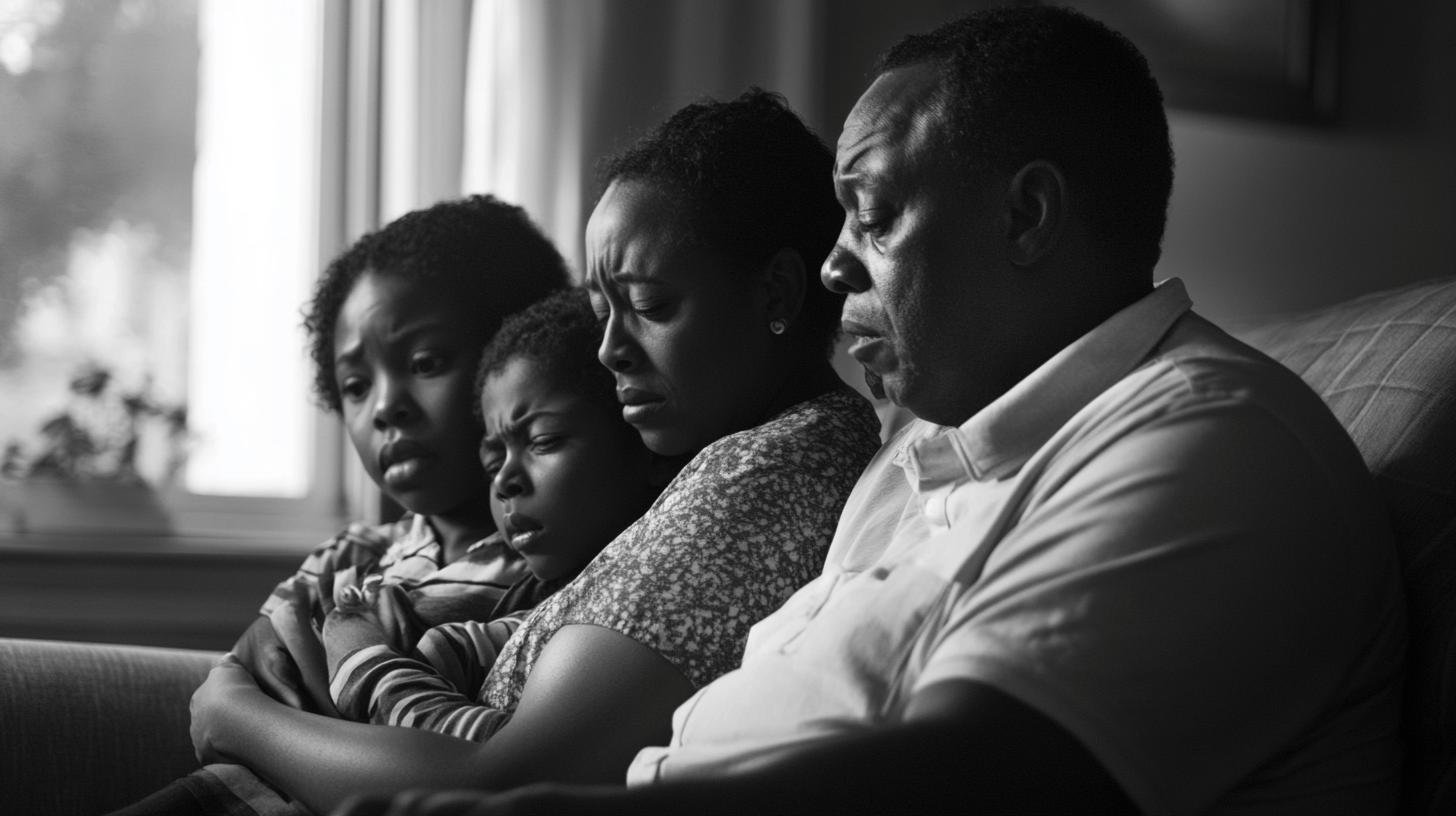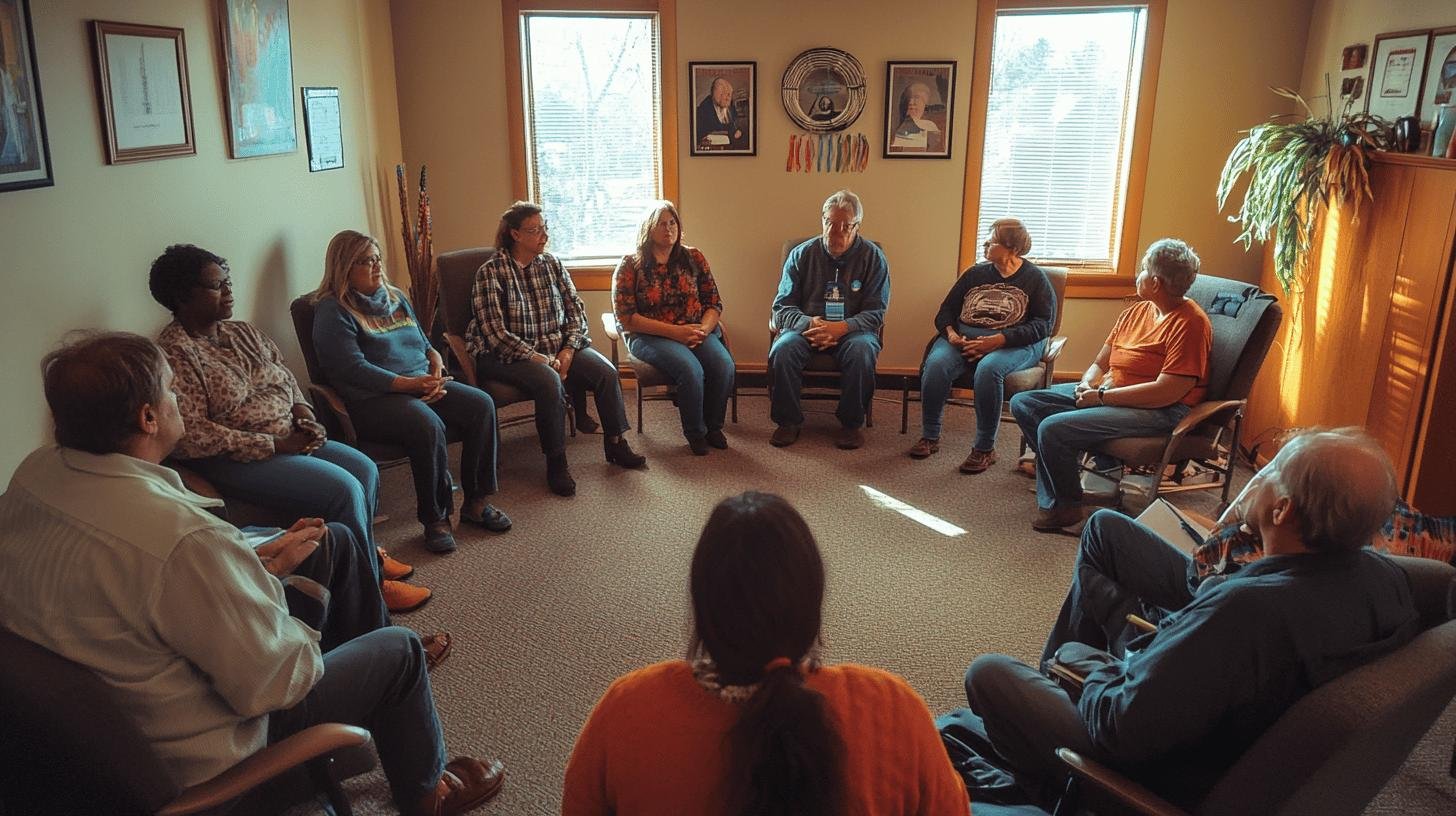TL;DR:
- Stopping cancer treatment can lead to symptom changes, increased fatigue, pain, loss of appetite, shortness of breath, and sleep difficulties.
- Palliative care focuses on comfort and symptom management, improving quality of life.
- Emotional impacts include anxiety and depression for both patients and families; psychological support is recommended.
- Quality of life might improve post-treatment; some prefer a shorter, happier life over prolonged discomfort.
- Hospice care provides end-of-life support; direct primary care offers personalized post-treatment management.
- The decision to stop treatment is personal; consult the healthcare team for guidance.
- Supporting loved ones involves communication, practical help, and self-care for caregivers.
Ever wonder what happens when you stop cancer treatment? It’s a crucial decision that can weigh heavily on you as a patient and your family. Many people wrestle with the idea of stopping treatment, considering the potential physical and emotional consequences. In this article, we’re diving into the ins and outs of what dropping cancer treatment entails. We’ll explore the immediate and long-term effects on your health, emotions, and daily living. Whether you’re a patient or a supporter, understanding these changes can help you make an informed choice. Let’s break it down together!
Medical Consequences of Stopping Cancer Treatment
Choosing to stop cancer treatment can be intimidating due to the potential physical effects. You may notice changes in symptoms, which could become more severe. Without treatment, cancer might progress, leading to tumour growth and spread. This shift often necessitates discussing the most suitable care options for your future needs.
Long-term effects involve dealing with new or worsening symptoms over time. These may include anaemia and bleeding, which significantly impact one’s quality of life. Balancing the relief from treatment side effects and possibly returning symptoms can be challenging.
Here are five common symptoms you might experience after stopping treatment:
- Increased fatigue
- Pain in areas affected by cancer
- Loss of appetite
- Shortness of breath
- Difficulty sleeping
Palliative care emerges here as a vital option. It focuses on symptom management and enhancing comfort. By prioritizing quality of life, palliative care aims to help you live as fully and comfortably as possible after ending treatment. This approach emphasizes your well-being and is worth considering as you navigate your path forward.
Emotional and Psychological Impacts of Treatment Cessation

Stopping cancer treatment can trigger a whirlwind of emotions. Patients often face anxiety and depression, which can feel overwhelming, like standing on a cliff without a safety net. These feelings are important because depression can affect decision-making, especially regarding treatment options like chemotherapy. Recognizing and addressing these emotions is crucial for mental health.
Family members also experience emotional turmoil when a loved one stops treatment. They might feel sadness, guilt, or even relief. It’s a complex mix of emotions that requires reconciliation. Families should consider psychological support, such as therapy or support groups, to help process these feelings. Together, families can create meaningful moments during the remaining time.
Quality of Life Considerations After Treatment Ends
Stopping cancer treatment often improves daily life by eliminating side effects like nausea and fatigue. Many patients find their well-being improves once treatment ends, as they gain more energy and a better mood. While cancer may still be present, living with less discomfort can significantly enhance the quality of life.
However, balancing life expectancy with quality of life is complex. Some treatments extend life by a few months but have severe side effects. Deciding if those extra months are worth it can be a tough decision. Many find a shorter, happier life without constant hospital visits preferable.
Consider Tom Somerville’s example. He chose to stop treatment to focus on his family. Despite a terminal diagnosis, he found happiness in meaningful moments unburdened by treatment. Quality time with loved ones often outweighs seeking additional days through treatment.
| Benefit | Description |
| — | — |
| Reduced Side Effects | Enjoy life without the constant discomfort of treatment. |
| Increased Energy | Feel more vibrant and active without treatment fatigue. |
| Enhanced Mood | Improved mental well-being without daily treatment woes. |
| More Family Time | Focus on relationships and moments that matter most. |
Weighing your options involves finding a balance that feels right for you and your loved ones.
Navigating Alternative Care Options

Considering stopping cancer treatment might feel overwhelming, but there are ways to stay comfortable and supported. Palliative care is crucial here, focusing on managing symptoms like pain and nausea and enhancing your overall well-being. It’s not about curing the cancer but ensuring you enjoy life without discomfort. Palliative care’s flexibility allows it to be tailored to your needs, prioritizing your comfort.
Hospice care becomes relevant when focusing on end-of-life support. It emphasizes quality of life and meaningful moments with loved ones. Hospice acts as a safety net, providing emotional, spiritual, and medical support during the end-of-life journey. Attending informational sessions with no obligation can help you learn more about hospice. Choosing hospice care can be a comforting step, helping you make the most of your time together.
Exploring Direct Primary Care as a Viable Option
Direct primary care (DPC) offers ongoing health management after stopping cancer treatment. DPC is like a healthcare membership with a straightforward monthly fee covering many services. It eliminates insurance hassles, allowing more time with your doctor and personalized care plans. This cost-effective model keeps you in control of your healthcare journey.
Decision-Making and Patient Autonomy
Who decides to stop cancer treatment? Ultimately, it’s you. This deeply personal decision often reflects your values and what’s most important to you. Perhaps you’re considering maximizing your quality of life rather than enduring harsh side effects. It’s about assessing the pros and cons and deciding where you find the most meaning, whether that involves family time or personal passions.
Your healthcare team is there to guide you, providing the information needed to make informed choices while respecting your autonomy. They support and offer expertise, but the final decision is yours. This partnership ensures your voice is heard and your wishes are respected.
- Reflect on what truly matters to you.
- Discuss openly with your healthcare team.
- Consider the impact on your quality of life.
These are your guiding stars as you make this challenging decision. Remember, it’s your journey, and you’re in control.
Supporting Families and Caregivers

When a loved one stops cancer treatment, supporting them involves emotional and practical strategies. Start by opening communication lines to discuss feelings and needs. This might be tough, but meaningful conversations can create strong emotional bonds. Time spent together, sharing stories or quiet moments, can be incredibly impactful.
Practical support is also critical. Offer help with daily tasks like cooking or organizing appointments and create a home environment that aligns with their wishes. Your supportive gestures can help them reconcile with their decision and focus on meaningful moments.
Caring for someone who has stopped treatment can be emotionally taxing, so how do you maintain your well-being? Self-care is essential. Ensure you take time for activities that renew you, whether it’s walking, meditating, or talking with a friend. These moments are vital.
Resources like grief counselling or support groups provide a space to share experiences and receive guidance from others in similar situations. While supporting your loved one, remember to care for yourself. This balance ensures you’re fully present for them when they need you most.
Final Words
Deciding what happens when you stop cancer treatment is never easy. It brings a whirlwind of medical, emotional, and quality-of-life questions. While the immediate physical effects might seem daunting, the emotional journey of stopping treatment is just as crucial. Balancing life quality with the potential decline in health takes courage.
Healthcare is personal, with hospice and palliative care offering comfort. Patient autonomy remains at the forefront, enabling choices that prioritise personal values and happiness. At the end of the day, it’s all about cherishing meaningful moments with loved ones and finding peace in those choices.
FAQ
Life expectancy after stopping cancer treatment
A: When cancer treatment stops, life expectancy can vary widely based on individual health, type of cancer, and progression rate. It’s crucial to prioritize quality of life and discuss options with your healthcare team.
Life expectancy when chemo stops working
A: Life expectancy when chemo fails is often difficult to predict. It’s determined by cancer progression and overall health. Discuss palliative care and quality of life considerations with your oncologist for personalized guidance.
What happens if you stop chemo halfway through
A: Stopping chemo mid-treatment could lead to a progression of cancer and worsening symptoms. Always consult with your doctor before making such decisions to explore potential implications and alternatives.
When the oncologist says no more chemo
A: When your oncologist advises against further chemo, it typically means other treatments might be ineffective. The focus shifts to symptom management and comfort through palliative or hospice care options.
Why do doctors stop chemotherapy?
A: Doctors may halt chemo if it stops working or if side effects outweigh the benefits. The aim is to ensure the patient’s best possible quality of life and discuss other care options.
Signs chemo is killing you
A: Signs might include severe fatigue, unmanageable nausea, or infections. If you experience these, inform your doctor immediately to adjust treatment and provide appropriate support.
I survived cancer without treatment
A: Surviving cancer without treatment is rare and often depends on the cancer type and stage. Regular monitoring and consultations with healthcare professionals are crucial for the best outcomes.
Life expectancy when the chemo stops working liver cancer
A: In liver cancer, when chemo is ineffective, life expectancy depends on the cancer’s stage and spread. Palliative care is recommended to enhance quality of life and manage symptoms effectively.
How long do cancer patients live after treatment stops?
A: The duration varies significantly by cancer type and patient health. Some patients may live months to years, with the focus shifting to maximizing comfort and daily living quality.
What happens when they stop your cancer treatment?
A: Stopping treatment means emphasizing symptom control and quality of life through alternative care like palliative or hospice services. It often involves adapting to new health challenges.
Which is harder on the body, chemo or radiation?
A: Chemo often affects the whole body, causing broader side effects, whereas radiation targets specific areas. Both have unique impacts, and your doctor can clarify which suits your situation better.

